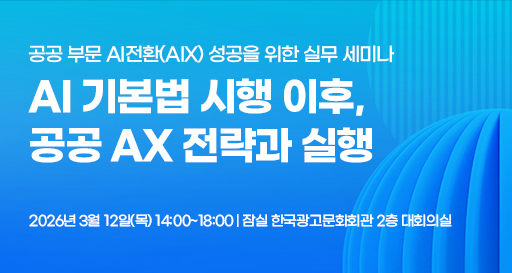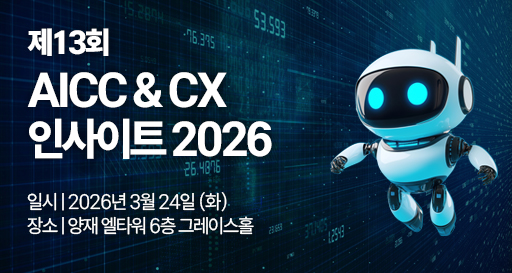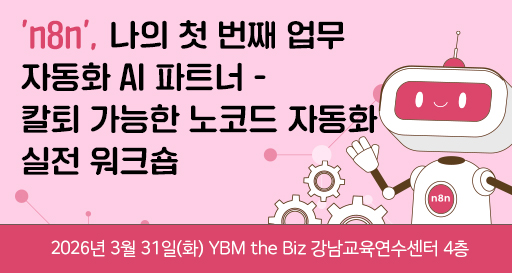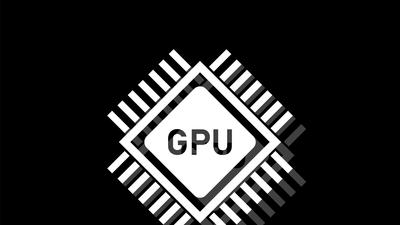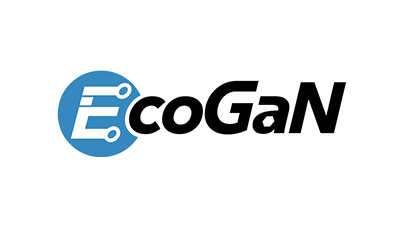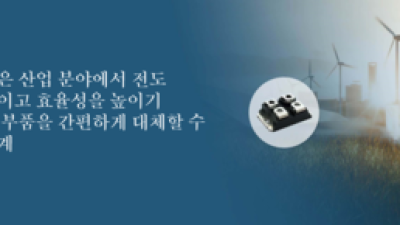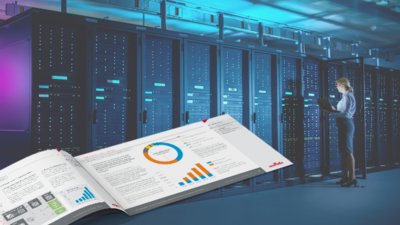You can participate in virtual OECD Ministerial meeting. Share your thought and idea on global hot issues. What are the essential policies that need to be retained and which can be excluded as we transition from the previous era of separate platforms to a converged next generation network? Or what factors need to be in place for identity management to increase business efficiency, and enhance quality of service and user convenience while ensuring information security and privacy? To what extent can security threats like malware and ID theft be combated?
Just Click on http://www.oecdministerialseoul2008.org/en/live/
The Internet economy has become a fundamental part of our economic and social infrastructure, yet its potential as an engine for growth, has only begun to be realised. It is increasingly a positive agent of change in economic performance, employment, education, health care, the environment and in the delivery of government services.
The Internet’s open standards have significantly increased the ability of independent networks to interconnect and exchange information, leading to the convergence of various platforms and services (i.e. voice, data, video, and wireless). This has generated intense entrepreneurial and creative activity, resulting in new products and services, new business models and competitive forces. The end result has been a steep decline in prices and a vast increase in functionality that has led to a growing ubiquity and mobility of computing and communication.
Technology and innovation are key drivers of increased economic growth, prosperity and meeting social requirements. The constellation of information and communication technologies (ICTs) that support the Internet can be qualified as one of the greatest inventions of our time. ICTs and the Internet fuel new innovations and patents, feed entrepreneurial activity, and stimulate creative destruction which has resulted in the restructuring of a wide range of industries and institutions. ICTs and the Internet also represent a significant and growing share of research and development (R&D) efforts.
The challenge of internet economy is to address security threats and vulnerabilities in a globally interconnected society while preserving important societal values such as privacy and individual freedom. To address this challenge, strengthened policies to maintain and bolster confidence in the Internet economy are needed. Key to this is the need to address the management digital identities, the increasingly pervasive problem of malicious software (malware), and more broadly to enable the empowerment of consumers.
Identifying and sharing the reasons for the Internet’s tremendous accomplishments, to date, and the barriers to the future development is critical. A flexible and light regulatory environment has contributed much to the Internet’s success in supporting new communication opportunities and growing the Internet as a platform for rapid innovation. At the same time, as the Internet becomes a fundamental infrastructure critical to economic and social development, all stakeholders have an ongoing interest in its performance and reliability. The challenge for all stakeholders is to expand economic and social opportunities, made possible by the Internet, for the next several billion users.
류현정기자 dreamshot@
많이 본 뉴스
-
1
단독서울시, 애플페이 해외카드 연동 무산…외국인, 애플페이 교통 이용 못한다
-
2
세계 1위 자동화 한국, 휴머노이드 로봇 넘어 '다음 로봇' 전략을 찾다
-
3
삼성 파운드리 “올해 4분기에 흑자전환”
-
4
국산이 장악한 무선청소기, 로봇청소기보다 2배 더 팔렸다
-
5
CDPR, '사이버펑크: 엣지러너' 무신사 컬래버 드롭 25일 출시
-
6
4대 금융그룹, 12조 규모 긴급 수혈·상시 모니터링
-
7
2조1000억 2차 'GPU 대전' 막 오른다…이달 주관사 선정 돌입
-
8
[미국·이스라엘, 이란 타격]트럼프, '끝까지 간다'…미군 사망에 “반드시 대가 치를 것”
-
9
하루 35억달러 돌파…수출 13개월 연속 흑자 행진
-
10
삼성전자 반도체 인재 확보 시즌 돌입…KAIST 장학금 투입 확대
브랜드 뉴스룸
×
![]()









